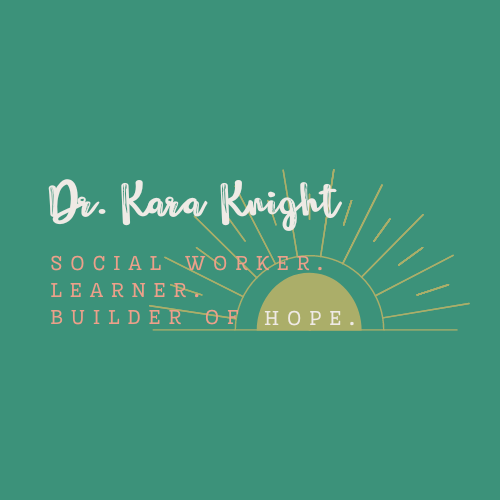
We live in a dynamic world today; there is no question about that; The digitalization and globalization of the world we have grown to know are unlike anything we have ever seen.
Students are growing up in a highly competitive world full of uncertainties. For example, jobs that our kids will be applying for in years to come are jobs that have not even been discovered yet, methods for digital communication and collaboration continue to improve and diversify, and innovation across the globe continues to surprise us all in areas of STEM, medical research, education, business, and beyond.
We do not know what is going to happen in the future. As this YouTube video titled, 21st Century Education, states “the pace of change is staggering.” The movement of change has accelerated to speeds that leave educators feeling weary and often confused on where to go next when equipping students for the future that seems to look like an ENORMOUS question mark.
The truth is that we do not have to know all of the answers. Teachers in previous years did not know what would occur in the future either, but they continued persevering for the betterment of the students they served.

We often forget to consider the determination, hard work, and advocacy that many educators positively imprinted on our professions even before our time.
Just look at the old school house picture above. Some may see this picture and think of outdated teaching practices, but I like to see the history of teaching and learning.
Although teaching is changing faster than ever before, change has always transpired in the scope of education. I believe it is crucial that we acknowledge and recognize the educators, leaders, and philosophers who advocated for progressive education, which laid the foundation for us to be successful now.
PBS Online compiled an incredibly informative timeline that highlights the history of teaching from 1772 to present day. Take a look at the timeline if you want to feel rejuvenated from 20th-century educators like John Dewey who fought for student-centered education. Some of these ideologies that we are seeking today, were similar conditions educators wanted then, but they were based on different contexts. As PBS states,
John Dewey, perhaps the most influential educational philosopher the 20th century, challenged the rigidity that characterized many American classrooms. By the 1920s he had become the standard-bearer for Progressive Education, arguing that democracy must prevail in the classroom. Both teachers and children needed to be free, he argued, to devise the best forms of learning for each child. These assumptions turned the hierarchy of classrooms and schools upside down. While the implementation of progressive education has been uneven over the past 100 years, its influence on teachers’ roles within schools has been notable.
John Dewey also brilliantly says, “Education, therefore, is a process of living, not a preparation for future living.”
Notice the two keywords I bolded above: free and process.
I think Dewey was onto something BIG . Although it is our diligent responsibility as educators to prepare our students for the future, we cannot forget that education is a process and a JOURNEY. Let us still use technology with a purpose, connect students with a global audience, give students opportunities to create, and transform our teaching processes. Except, let us always keep in mind that although we want our students to be as dynamic as the world around them, we cannot expect this to happen overnight because growing for the future never truly ends.
Let us also to continue to allow freedom and openness in our voyages as we navigate the newness and uncertainty of what will happen next. After all, this only makes sense- Dynamic students and adaptable students will always go hand-in-hand; You cannot have adaptability without future-ready or future-ready without adaptability.
Here is to YOU– The dynamic educators who came before us, the dynamic leaders who stand beside us, and the dynamic students who will continue to change the world.
![]()
